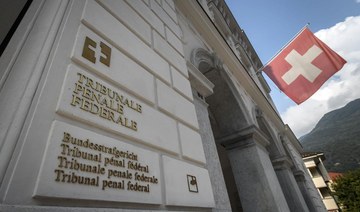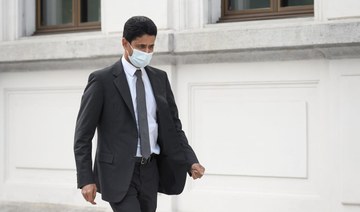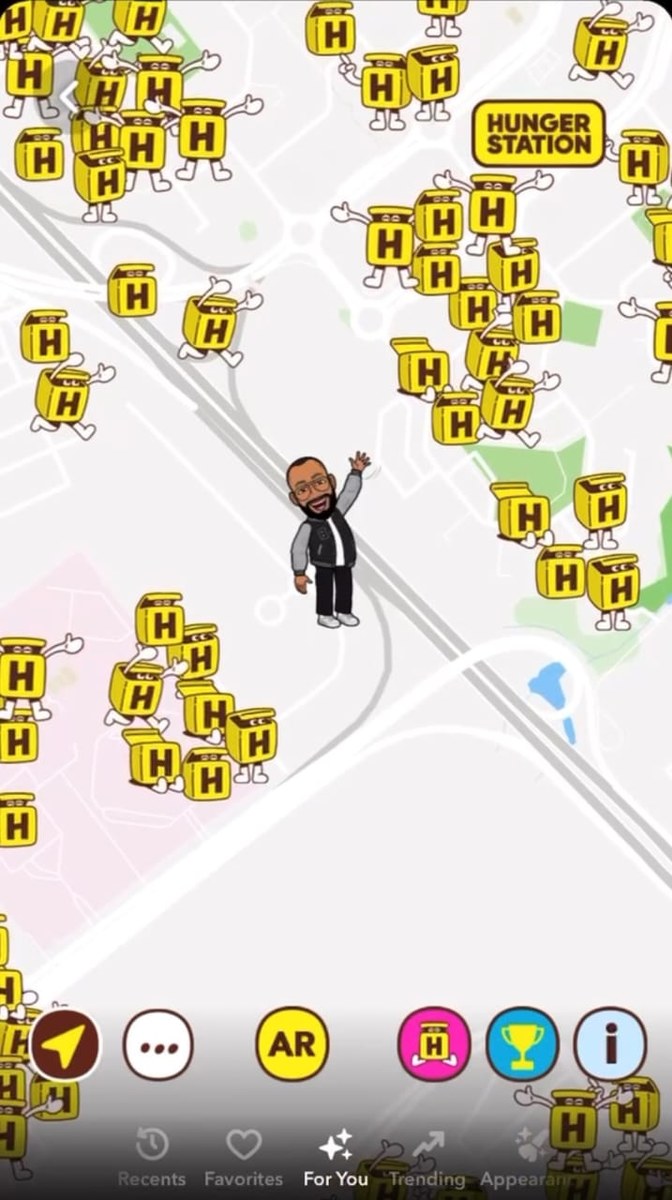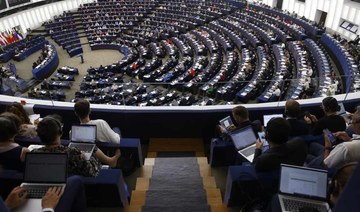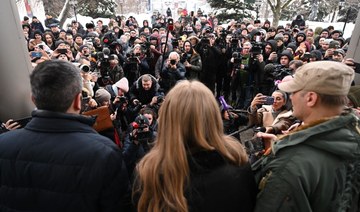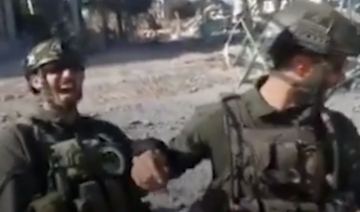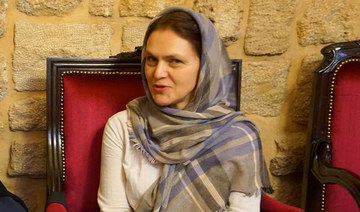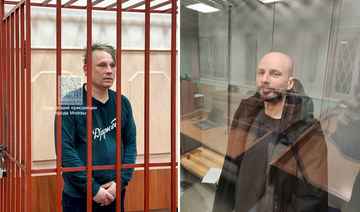LONDON: In nearly 30 years of field reporting from across the world, Noureddine al-Fridhi had only twice resorted to hiring personal security in order to do his job - the first being in conflict-hit Afghanistan in 2002.
The second was just last week - far from any dangerous warzone - in peaceful Switzerland where he was standing roughly 40 square meters in front of the court holding the trial of BeIN Sports Chairman Nasser Al-Khelaifi.
Al-Fridi, a respected Brussels-based reporter working with pan-Arab news channel Al Arabiya was covering corruption trial of Al-Khelaifi who is accused of corruption in the attribution of World Cup TV rights.
During his live coverage, al-Fridhi can be seen reporting from outside the court in Switzerland when two men standing behind him begin taking images of and speaking loudly in an attempt to disrupt the coverage.
They also begin hurling insults and use derogatory terms, Al-Fridhi explained, before flashing an image of the Qatari Emir Tamim Al-Thani.
“I realized that in Bellinzona that this is the second time I asked to be assisted by a security man. First one was in Afghanistan after the fall of the Taliban in 2002 and the second time was here,” al-Fridhi told Arab News.
“You can imagine that since 1991, how many times I have been in the popular suburbs of Brussels and Paris, covering the whole issue of migration in Europe, reporting from Pakistan, Afghanistan, Bosnia and Herzegovina during the war.”
“This is really with whole humility that I asked to be assisted by a security man thanks to him, he deterred the bodyguard of the Nasser Al-Khelaifi delegation.”
The harassment and disruption had gone on throughout the trial’s coverage, which prompted the correspondent to hire private security given the Swiss Court Police’s inactivity to the abuse, claiming it was “public space.”
“I was not convinced with the democratic rules they invoked; I was not convinced by their explanation,” al-Fridhi said, adding that, “How can he [Al-Khelaifi] allow his bodyguard to behave that way with us? Whatever he thinks of our channel, he is free, but we were doing only media coverage.”
Veteran journalist Abdellatif El-Menawy, who was until 2011 the head of news at Egypt’s national broadcaster, condemned the incident, calling the use of any method of harassment of journalists while performing their work as “unacceptable.”
“The attack on the Al Arabiya team by people affiliated with Qatar and raising the image of the Emir of Qatar is an attack on the freedom of the press, Qatar's responsibility is clear in this incident,” El-Menawy told Arab News.
One of the men seen harassing the team was identified by al-Fridhi as possibly being Jordanian-national Mohammed Abu Ghazala – a member of Khelaifi’s personal entourage.
“The story changes completely, this isn’t just the sort of provocation you face in a popular suburb in Brussels or any crowded area, this is a bodyguard of an official, a state minister. Mr. Khelaifi is a state minister, he is a very rich businessman, he is the owner of Paris Saint-Germain, he’s playing a big role in professional football – business and sport.”
Paris Saint-Germain president Al-Khelaifi and FIFA’s former secretary general Jerome Valcke went on trial in Switzerland on Monday accused of corruption in the attribution of World Cup TV rights.
The two men would each face up to five years in prison if found guilty.
“We know FIFA is a business association, bringing in more than 1 billion dollar income yearly, but you have to think about how there are hundreds and hundreds of millions – if we only speak about the Arab countries – who love football and love to watch the World Cup and for some reason they cannot have that,” al-Fridhi said.
“So, allow me to say myself, I don’t accept that. Football is not only about business and the players in the stadium, football is a very social event, maybe the most social event in a country or a society – mainly the World Cup.”
Al-Khelaifi is charged with inciting Valcke to commit “aggravated criminal mismanagement.”
According to the prosecution, the case relates to a meeting on October 24, 2013 at the French headquarters of BeIN, when Al-Khelaifi allegedly promised to buy a villa in Sardinia for five million euros ($5.9 million), granting its exclusive use to Valcke.





